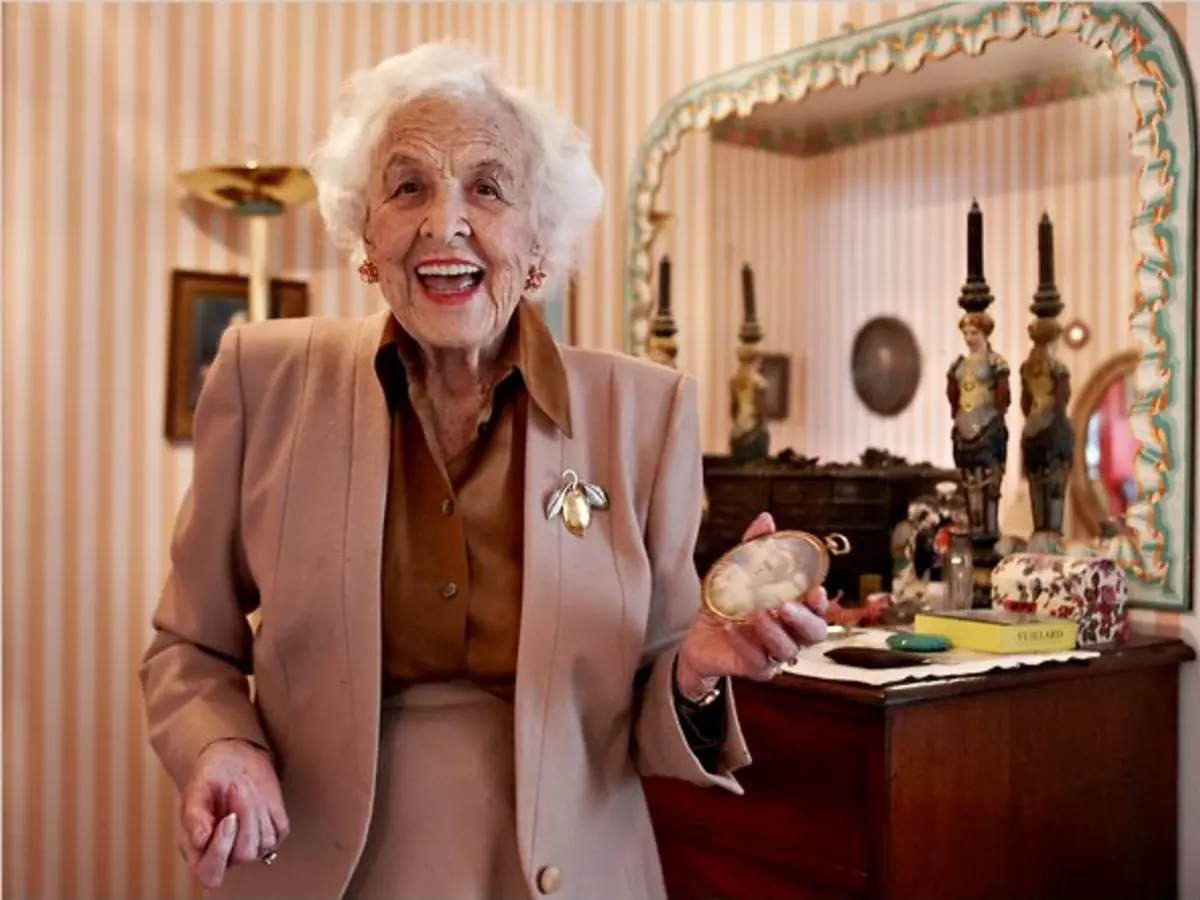Reaching the age of 100 is a remarkable achievement, yet many centenarians (people aged 100 and older) continue to live vibrant, fulfilling lives long after the average person would expect. Across the globe, these individuals defy the odds, maintaining good health, active minds, and often sharp memories. But what is the secret to their longevity? While there is no single answer, a combination of genetics, lifestyle choices, and community connections plays a significant role in helping centenarians thrive.
Genetics undoubtedly plays a key role in longevity. Many centenarians inherit a robust genetic makeup that contributes to a longer lifespan. Studies suggest certain genes promote cellular repair, regulate inflammation, and protect against age-related diseases. For example, individuals with a particular variant of the FOXO3 gene have been shown to live longer and are less likely to suffer from conditions like heart disease and cancer. While not all centenarians share the same genetic markers, it’s clear that their family histories often reveal a pattern of longevity.
Centenarians often maintain diets that are simple yet rich in essential nutrients. Many live in “Blue Zones” regions where people live significantly longer than average. In Okinawa, Japan, for example, the traditional diet is plant-based, emphasizing vegetables, soy, and fish. Similarly, in Sardinia, Italy, a diet rich in whole grains, beans, and local vegetables, accompanied by moderate wine consumption, is standard. These diets are low in processed foods and high in antioxidants, which help combat inflammation and oxidative stress, two major contributors to aging.
Interestingly, many centenarians also practice moderate drinking habits. In regions like Sardinia, red wine is a staple of social life, consumed in moderation with meals. Studies have shown that moderate alcohol consumption, especially wine, may have cardiovascular benefits and contribute to longevity, though it is important to note that balance is key.
One of the most striking characteristics of centenarians is their consistent engagement in physical activity. While they may not run marathons or hit the gym daily, they often engage in regular movement through walking, gardening, and other low-impact activities. These habits improve cardiovascular health and keep muscles and joints active, promoting independence and flexibility well into old age.
Equally important is mental stimulation. Centenarians keep their minds sharp by staying socially engaged, learning new things, and maintaining strong cognitive habits. Whether through reading, solving puzzles, or spending time with loved ones, their brains stay active, which helps fend off mental decline.
A sense of community and strong social bonds are another key ingredient to the secret lives of centenarians. Many live in tight-knit communities where they regularly interact with friends and family. Research shows that having strong social connections can reduce stress, lower the risk of depression, and even boost the immune system. Centenarians often report that close relationships with family, neighbors, and friends help them navigate the challenges of aging with optimism and resilience.
A defining characteristic of many centenarians is their positive outlook on life. They often exhibit resilience, embracing challenges with purpose and humor. Having a reason to wake up each day, whether caring for grandchildren, contributing to the community, or pursuing hobbies, plays a crucial role in maintaining their mental and physical well-being. Studies show that people with a strong sense of purpose tend to live longer, as having goals fosters motivation and reduces stress.
The secret lives of centenarians are a testament to the power of genetics, healthy living, and strong social connections. While there is no magic formula for living to 100, the lifestyles of centenarians provide valuable insights into how we can all live longer, healthier lives. By embracing a balanced diet, staying physically active, nurturing relationships, and maintaining a positive outlook, we may add years to our lives and life to our years.



